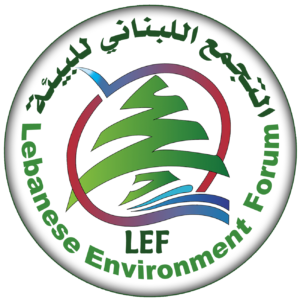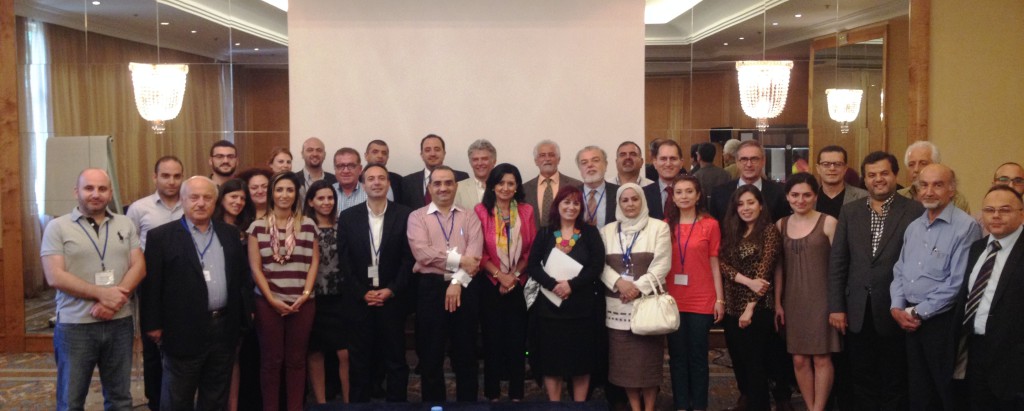The participants of the Waste to Energy Consultation in 28 of May 2014 with all key stakeholders including local communities and Lebanese NGOs, as HEAD Association and Window to Environment, members in Lebanese Environment Forum, and other NGOs members in Eco movement convened in the framework of Horizon 2020/CB MEP agreed on the following:
• Despite various relevant efforts and investments, Municipal Solid Waste Management, (MSWM), is still very problematic in Lebanon, with serious consequences for human and ecosystem health, with considerable detrimental effects on the Environment, the Economy and Society, thus inhibiting the Sustainable Development of the country.
• A comprehensive and realistic long-term plan, based on the “waste hierarchy” (prevention, reduction, reuse, recycling, energy recovery and then disposal to sanitary landfilling) in order to obtain an appropriate combination of treatment technologies beyond landfilling, including WtE (e.g. RDF, incineration with energy recovery), is urgently needed and is the prerequisite in order to facilitate the design, proper funding, construction and operation of the necessary treatment infrastructures.
• Among the prerequisites for a long-term plan, there is an urgent need for: a) promotion of adequate legal and institutional framework for the municipal solid waste management considering also the draft laws on Decentralisation and PPP; b) enhancement of reliable waste data and statistics from whatever available source and c) sustained education and awareness raising campaigns and d) incentivize industries to recycle waste and reuse waste derived materials
• The announced SEA by the Ministry of Environment for the elaboration of a long-term National
Strategy for Solid Waste Management is welcomed and encouraged. It should include a comparative Life Cycle Analysis (LCA) under different management scenarios.
• There will be coordination meetings between the MoE, CDR, OMSAR, civil society and concerned stakeholders (such as municipalities/local authorities, private sector, academia, media) in a balanced way according to the needs of these meetings. Key issues that need to be clarified and addressed are the following:
• The Emergency Plan in its two phases (before January 2015) and (January 2015-2018) for solid waste management in Beirut and Mount Lebanon, and after the closing down of Naameh landfill (17/01/2015).
• Quarries (suitability, distance, location, ownership, etc.)
• Identification of appropriate sites acceptable by the local communities
• Quality of compos*t under what conditions
• Market and price of recycled materials
• RDF and SRF potential/use in cement industry
• Collection systems
• Sources of funding


